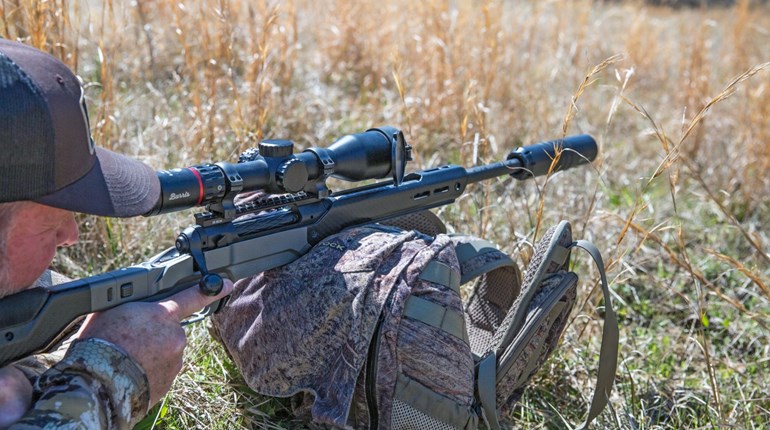
Last week, the U.S. House of Representatives passed a large package of appropriations bills before recessing for the remainder of summer. Safari Club International (SCI) strongly opposes the inclusion of Section 436 in the Interior, Environment and Related Agencies Appropriations Act 2022. If signed into law, Section 436 would ban the importation of sport hunted elephants or lions from Tanzania, Zimbabwe, or Zambia.
The language in Section 436 fails to differentiate illegal poaching in African range countries from legal, regulated hunting by Americans abroad. These countries have strict regulations in place to protect these iconic species, as they are home to some of the world’s largest populations of lions and elephants.
There is no question that this ban will have detrimental impacts on species conservation and the livelihoods of rural African communities. Regulated hunting provides irreplaceable funding for conservation, biodiversity, and habitat protection in southern Africa and, without it, these wildlife species, and the communities of Africans who live with them, are put at tremendous risk. The travel and tourism industry will also suffer from the harmful and senseless elements of Section 436, even as African nations struggle to recover from the financial shock caused by COVID-19.
Section 436 is an outright attack on the right of African nations to effectively manage their own wildlife. SCI was joined by 21 other hunting organizations in expressing deep disappointment with legislators for blatantly ignoring the benefits of well-regulated international hunting to conservation.
House Speaker Nancy Pelosi (D-Calif.) and her conference willfully ignored a strong letter written by the Zambian and Zimbabwean Ambassadors to the United States which effectively outlines how Section 436 is an attack on African sovereignty and the effective conservation tactics of African range countries. The letter notes that “in fact, many anti-poaching operations are specifically funded by safari operators who are responsible for managing vast areas of wildlife habitat.” Additionally, “export and import of legally harvested wildlife is already properly regulated at the national level by these countries’ wildlife management authorities, internationally by the Convention on International Trade in Endangered Species of Wild Fauna and Flora (CITES), and domestically by the U.S. Fish and Wildlife Service (USFWS).”
Former SCI Legislator of the Year Jeff Duncan (R-SC-3) fought to remove this harmful language by introducing an amendment to strike Section 436 from the bill. Rep. Duncan’s amendment was voted on “en bloc” along with 40 other amendments. Although some lawmakers sided with proven conservation strategies, the bloc of amendments failed (232 – 192).
To vote for a bill containing anti-hunting language and then vote against an amendment correcting this misguided proposal after reading fact driven arguments directly from African governments proves the lack of concern that House Democrats have for sustaining African wildlife population growth and supporting struggling rural populations.
Now more than ever, hunters must prevent Section 436 from becoming law to protect Africa’s wildlife and hunting rights. “Safari Club International is invested in exposing the harmful implications of Section 436 so that we can continue to contribute to healthy wildlife in those range countries, and defend the African communities that depend on the hunting ecosystem,” said SCI CEO W. Laird Hamberlin. “It is imperative that members of Congress understand the harsh realities of intruding on African rights and passing a defacto ban with an utter lack of scientific basis. Our goal as a country should be to uplift developing countries facing hardships due to COVID-19, instead of inflicting further harm.”
For more information on this bill package, visit safariclub.org/.































